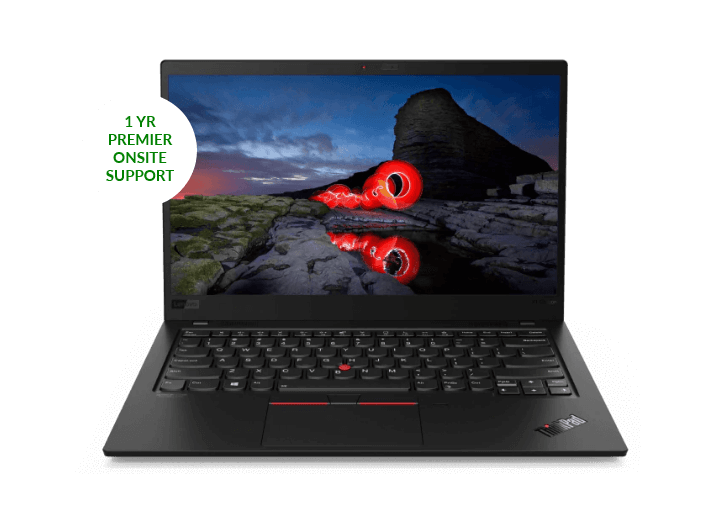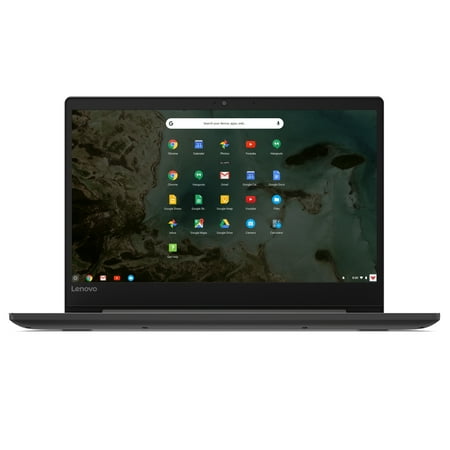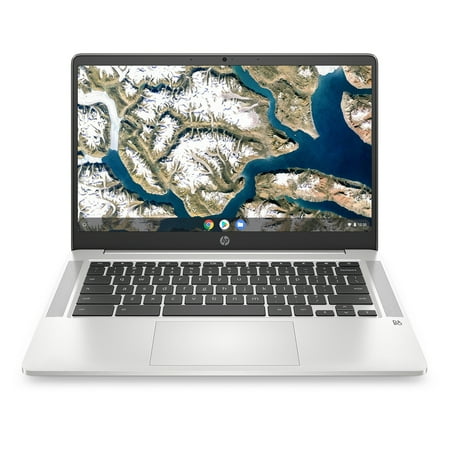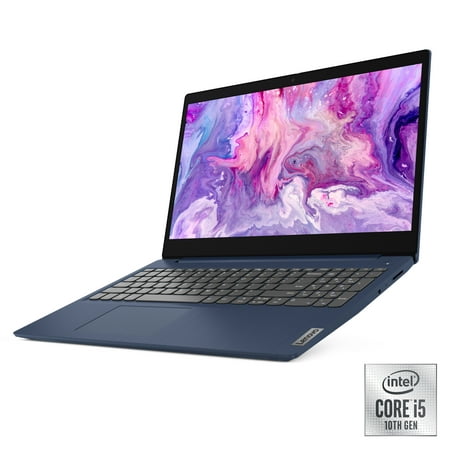Lenovo ThinkPad X1 Carbon Gen 8 | Best Business Laptop | Lenovo US
One of our first Intel® 14″ mobility-certified laptops. Thin and lightweight. Amazing display options. Up to 19.5 hours of battery life. Best-in-class connectivity, and rapid charging technology. Advanced security options and enhanced audio.
Marries premium performance & mobility
- One of our first Intel® 14″ mobility-certified laptops
- Thin and lightweight
- Amazing display options
- Up to 19.5 hours of battery life
- Best-in-class connectivity, and rapid charging technology
- Advanced security options and enhanced audio
- Delivers the ultimate in premium performance
Powers through the day…and night
With 10th Gen Intel® Core™ processing, the ThinkPad X1 Carbon Gen 8 is faster than ever no matter the task. Given that it’s certified by Intel® for mobile performance, it delivers long-lasting power and productivity when you’re on the go. Enjoy up to 19.5 hours* of battery life. When you do need some juice, Rapid Charge boosts battery life up to 80% in just an hour.
* Based on testing with MobileMark 2014. Battery life varies significantly with settings, usage, and other factors.
Take your productivity to new levels
With always-on responsiveness, you can wake the ThinkPad X1 Carbon Gen 8 from sleep in less than a second and be able to browse the web a second later. With WiFi 6, you get fast and reliable connections, even on networks with lots of devices attached. Or choose the optional WWAN technology with LTE-A card and jump online with a secure connection just like a smartphone.
*WWAN must be configured at time of purchase, as it’s not upgradeable.
Designed for convenience
Need to make a Skype call? Or answer one? Sub-functions on the F9 through F11 keys let you do it with ease. Even start a new message with the touch of a button. The ThinkPad X1 Carbon Gen 8 delivers convenience at your fingertips.
Immersive sound experience
With the Dolby Atmos® Speaker System, the ThinkPad X1 Carbon Gen 8 includes two upward-firing tweeters and two downward-firing woofers to create an immersive sound experience. What’s more, four 360-degree microphones cancel unwanted noise when you’re on calls, and pick up your voice from across the room—so you can use voice activation to wake your system, play music, and more.
Handles the unexpected extremes
Like all ThinkPad laptops, the ThinkPad X1 Carbon Gen 8 is tested against 12 military-grade requirements and more than 200 quality checks to ensure they run in extreme conditions. From the Arctic wilderness to desert dust storms, from zero gravity to spills and drops, you can trust this laptop to handle whatever life throws your way.
Additional information
| Processor | 10th Generation Intel® Core™ i7-10510U Processor (1.80 GHz, up to 4.90 GHz with Turbo Boost, 4 Cores, 8 Threads, 8 MB Cache) |
|---|---|
| Operating System | Windows 10 Pro 64 |
| Display Type | 14.0" FHD (1920 x 1080) IPS, anti-glare, 400 nits |
| Memory | 16 GB LPDDR3 2133MHz (Soldered) |
| Hard Drive | 1 TB PCIe SSD |
| Warranty | 1Year Premier Onsite Support |






by Gary
Great laptop. Nice keyboard and easy to type with. Very light as well. This is my second time getting a x1 carbon.
by Andrew
The laptop is light, and the processing speed is capable of crunching huge spreadsheets.
by Frank
This is my 2nd Carbon. Love it as always which is super light and easy to travel with. The 1TB storage is great to save all my photos and music files. Highly recommend it to everyone.